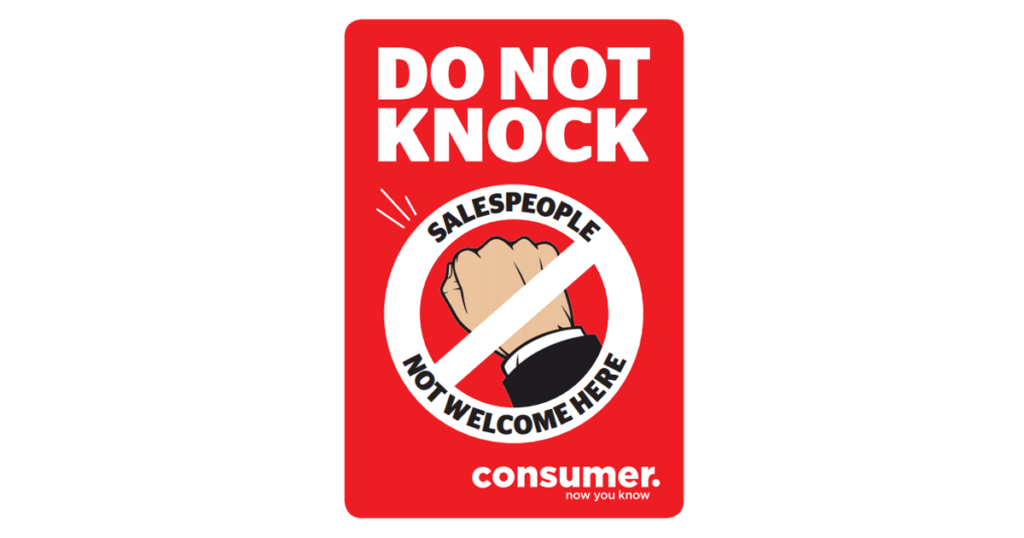You can absolutely go with a response like, Politely declining with “no thank you” is completely fine. Alternatively, expressing, ‘Hey there, thanks for reaching out and sharing your cause. I really admire your efforts. At the moment, I’m unable to contribute financially, but I’m sending my best wishes for your fundraising.’ strikes a balance between kindness and making your decision with grace, reflecting your values in the process.”
Interacting with charity door knockers can sometimes put you in a delicate situation. While you recognize the importance of their cause and dedication, it’s okay to consider your own circumstances when making a decision.
Let’s find a kind and understanding way to say no to their request, while also appreciating their dedication.
Explanation
State your personal reasons for declining
Financial constraints: You can explain that you’re currently prioritizing your budget or finances in other areas and can’t commit to additional donations right now. For instance:
- “I appreciate your cause, but I’m currently managing a tight budget and can’t contribute at this time.”
Existing commitments to other charities: Mention that you’re already supporting other charitable organizations and have allocated your donation resources elsewhere:
- “I’m already committed to supporting a few other charities that are close to my heart.”
Preference for supporting charities through research and personal choice:Share your preference for carefully researching and choosing charities that align with your values before making a commitment:
- “I prefer to do thorough research before contributing to any charity, so I usually make donations after careful consideration.”
Emphasize the importance of thoughtful giving
Mention your consideration of where to allocate your resources: Explain that you take your charitable giving seriously and want to ensure your contributions have the most significant impact:
- “I believe in making sure my donations are well-spent, so I’m selective about the charities I support.”
Polite Refusal

Use courteous language to decline the request
- “I’m sorry, but I won’t be able to contribute at this time.”
- This simple and straightforward response conveys your inability to donate without providing specific details.
- “Thank you for reaching out, but I have to decline.”
- Express gratitude for their outreach while firmly stating your decision to decline.
Avoid giving false excuses
Be honest without divulging sensitive information:
- You don’t need to disclose personal financial details. Keep your response focused on your decision without going into unnecessary details.
Maintain a respectful and empathetic tone:
- Even though you’re declining, maintaining a kind and understanding tone shows that you respect their efforts.
Example responses:
- “I truly appreciate the work you’re doing for this cause, but I won’t be able to contribute financially right now.”
- “Thank you for considering me, but I’m currently unable to make a donation.”
- “I admire your dedication to this charity, but I’m unable to contribute at this time.”
- “Your cause is important, but I’m sorry, I won’t be able to make a donation today.”
Suggest Alternative Support
Recommend other ways to support their cause
Suggest sharing information about the charity on social media:
- Encourage them to spread awareness by sharing the charity’s mission and activities with their network:
- “While I can’t donate right now, I’d be happy to help by spreading the word about your organization on social media.”
Propose volunteering opportunities if feasible:
- If you have the time and interest, suggest that you might be able to contribute through volunteering:
- “Although I can’t contribute financially, I’d consider volunteering my time if there are any opportunities.”
Mention your willingness to consider them in the future:
- “Even though I can’t donate right now, I’ll definitely remember your organization for the future.”
- Indicate that while you can’t donate at this moment, you’re open to considering them for future support.
2. “Please feel free to contact me again down the line.”
- Let them know that they are welcome to reach out in the future, should your circumstances change.
Example responses:
- “While I can’t make a financial contribution right now, I can help by sharing information about your cause on my social media.”
- “Volunteering might be something I could explore in the future. I appreciate your dedication to the cause.”
- “Although I can’t contribute at this time, I’ll definitely consider supporting your organization in the future.”
- “I can’t make a donation today, but I’m open to the possibility of supporting you down the line. Please feel free to contact me again.”
Thank Them

Express gratitude for their time and dedication
- “Thank you for taking the time to share your cause with me.”
- Show appreciation for their effort to raise awareness about their charity.
- “I admire your commitment to making a difference.”
- Acknowledge their dedication and passion for the cause they represent.
Reiterate your support for their cause, even if not through donations
- “I’m glad to see people like you making positive changes in our community.”
- Acknowledge their role in creating positive impact, even if you’re not contributing financially.
- “Your work is valuable, and I wish you success in your fundraising efforts.”
- Communicate that you acknowledge the importance of their cause and their efforts to raise funds.
End on a positive note
- “Keep up the good work, and I hope you achieve your goals.”
- Encourage them to continue their efforts and express optimism for their mission.
- “Wishing you all the best in your endeavors.”
- Conclude the conversation on a positive and supportive note.
Example responses:
- “Thank you for taking the time to share your cause with me. Your commitment is truly inspiring.”
- “I admire your dedication to making a difference. I may not be able to contribute now, but I’m glad to see people like you working towards positive change.”
- “Your work is valuable, and I wish you success in your fundraising efforts. Keep up the good work, and I hope you achieve your goals.”
- “I appreciate the work you’re doing for this cause. Wishing you all the best in your endeavors.”
FAQ
How can I deter charity door knockers from approaching my home?
To discourage charity door knockers, you can display a sign on your front door stating “no cold calling” or “no charity fundraisers.” Additionally, you might want to explore local initiatives like ‘no cold calling zones’ or ‘nominated neighbour schemes’ offered by your local authority.
Why do charities engage in door-to-door fundraising?
Charities participate in door-to-door fundraising to raise awareness and collect funds for their causes. This method is vital as it supports the essential work carried out by numerous charitable organizations.
Why is charity important within the home environment?
Acts of charity at home inspire a culture of generosity that can motivate others to contribute as well. Regardless of the size or type of charity, these actions foster compassion and giving.
What items should I avoid donating to charities?
Items like mains or bottled gas appliances, microwaves, electric fires, oil heaters, computer hard drives, and certain fuel-powered items are typically unsuitable for charity donations due to safety and legal considerations.
What do Sadaqa and Zakat represent in Islam?
In Islam, Sadaqa represents voluntary charitable actions, which can encompass gestures like a smile or lending a helping hand. Zakat, on the other hand, is obligatory charity that holds a significant role in the faith.
What are the primary types of charity in Islamic traditions?
The two main types of charity in Islamic traditions are Zakat (mandatory) and Sadaqah (voluntary). Both contribute significantly to supporting those in need.
What risks do charitable organizations face?
Charitable organizations encounter various risks, including operational, income-related, cyber security, IT, and compliance risks. These can impede their effectiveness. To mitigate these risks, charities should consider measures such as risk assessments and cybersecurity protocols.
Conclusion
To wrap things up, keep in mind that declining charity door knockers’ requests is all about showing respect and compassion. While your current situation might prevent you from donating, expressing gratitude for their cause is important.
Whether you opt for a direct “no thank you” or a brief explanation, maintaining a positive attitude and acknowledging their efforts can result in a positive interaction. By valuing their dedication and communicating your decision gracefully, you’re not only staying true to your values but also fostering a kind exchange.















